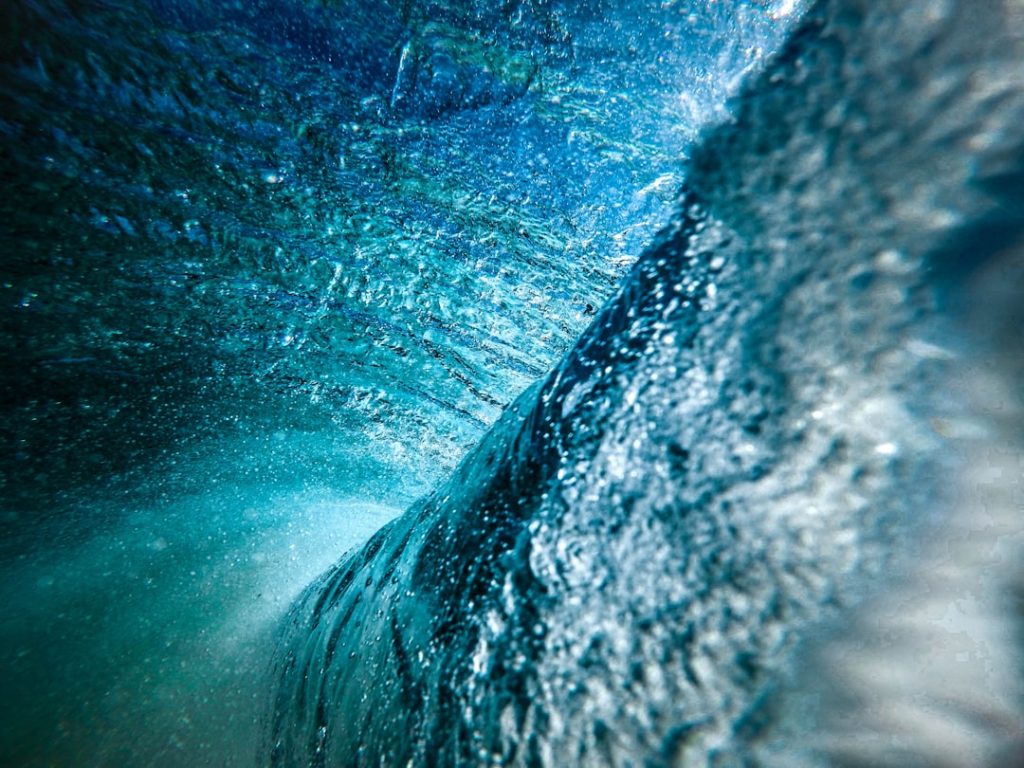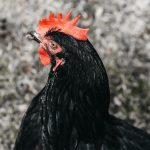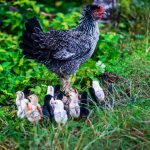Hydration is vital for chicken health and well-being. Chickens require water for survival and optimal functioning, similar to humans. Water is necessary for digestion, nutrient absorption, temperature regulation, and various bodily processes.
Insufficient water intake can lead to dehydration, causing health problems and potentially death in chickens. Dehydration also negatively impacts egg production and quality. Water plays a crucial role in regulating chickens’ body temperature.
During hot weather, access to cool, clean water helps prevent overheating. In cold conditions, chickens may require more water to maintain hydration and body temperature. Proper hydration is essential for overall chicken health and productivity.
Poultry owners are responsible for ensuring their birds have constant access to clean, fresh water. This practice supports basic bodily functions, temperature regulation, and overall well-being in chickens.
Table of Contents
Key Takeaways
- Proper hydration is crucial for the health and well-being of chickens
- Clean and fresh water should be provided to chickens at all times
- Choosing the right watering system, such as nipple drinkers or water fountains, can help ensure chickens have access to clean water
- Monitoring water consumption can help identify any issues with hydration or health in chickens
- Preventing water contamination is important to avoid illness in chickens
Providing Clean and Fresh Water
Preventing Health Issues with Clean Water
Dirty or contaminated water can lead to a range of health issues for chickens, including bacterial infections and diseases. Therefore, it is essential to regularly clean and refill water containers to ensure that chickens have access to clean and fresh water at all times.
Designing and Maintaining Water Containers
Water containers should be made of non-toxic materials and should be designed to prevent contamination from dirt, droppings, or other debris. In addition to regular cleaning, it is also important to monitor water quality to ensure that it is free from contaminants such as bacteria, algae, or chemicals. Using a water filtration system or adding natural additives such as apple cider vinegar can help maintain water quality and prevent the growth of harmful bacteria.
Protecting Water Sources from Environmental Contaminants
It is also important to protect water sources from environmental contaminants such as runoff from pesticides or fertilizers. By providing clean and fresh water, poultry owners can help ensure that their chickens remain healthy and hydrated, leading to better overall productivity and well-being.
Choosing the Right Watering System
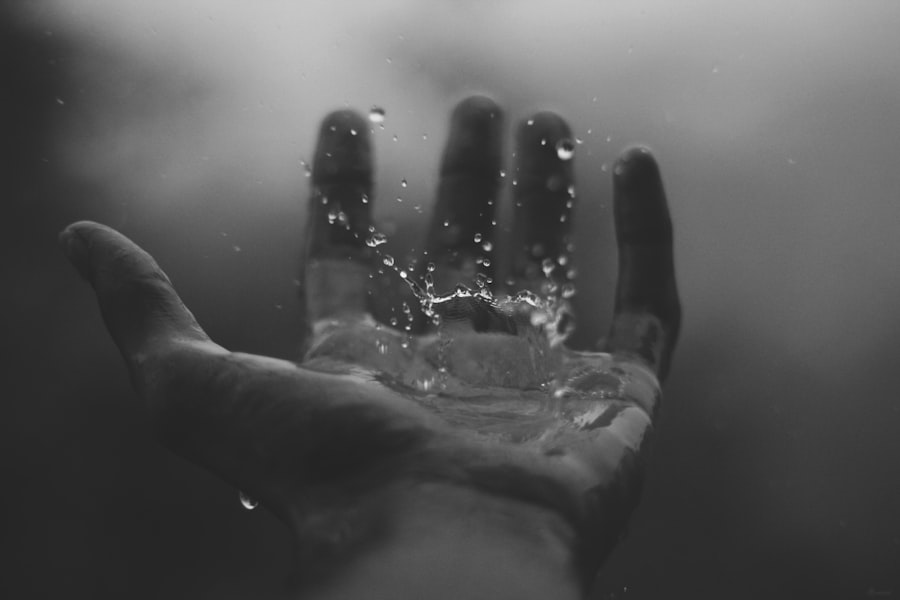
When it comes to providing water for chickens, there are several different watering systems to choose from. The most common options include open waterers, nipple drinkers, and automatic watering systems. Each system has its own advantages and disadvantages, and the choice of watering system will depend on factors such as flock size, budget, and personal preference.
Open waterers are simple and inexpensive but can be prone to contamination from dirt and droppings. Nipple drinkers are more hygienic and can help prevent water wastage, but they require training for chickens to use them effectively. Automatic watering systems are convenient and efficient but can be more expensive to install and maintain.
Regardless of the watering system chosen, it is important to ensure that chickens have easy access to water at all times. Waterers should be placed at a height that is easily accessible to chickens of all sizes, and multiple waterers may be necessary for larger flocks to prevent overcrowding and competition for water. Additionally, it is important to regularly check watering systems for leaks or malfunctions to ensure that chickens always have access to water when they need it.
Monitoring Water Consumption
Monitoring water consumption is an important aspect of poultry management that can provide valuable insights into the health and well-being of chickens. By keeping track of how much water chickens are drinking, poultry owners can identify potential issues such as dehydration, illness, or stress. Monitoring water consumption can also help identify potential problems with the watering system, such as leaks or blockages, that may be affecting the availability of water for the flock.
To monitor water consumption, poultry owners can keep track of how much water is being used each day and compare it to the recommended daily intake for chickens. Any significant changes in water consumption should be investigated further to determine the cause. Additionally, observing the behavior of the flock around the water source can provide valuable information about their hydration status.
For example, if chickens are seen panting or crowding around the waterer, it may indicate that they are not getting enough water and further investigation is needed.
Preventing Water Contamination
Preventing water contamination is essential for maintaining the health and well-being of chickens. Contaminated water can lead to a range of health issues for chickens, including bacterial infections, diseases, and reduced productivity. There are several steps that poultry owners can take to prevent water contamination and ensure that their birds have access to clean and safe drinking water.
Regular cleaning and maintenance of water containers is essential for preventing contamination from dirt, droppings, or other debris. Water containers should be made of non-toxic materials and designed to prevent contamination. In addition to regular cleaning, using a water filtration system or adding natural additives such as apple cider vinegar can help maintain water quality and prevent the growth of harmful bacteria.
It is also important to protect water sources from environmental contaminants such as runoff from pesticides or fertilizers. By taking proactive measures to prevent water contamination, poultry owners can help ensure that their chickens remain healthy and hydrated, leading to better overall productivity and well-being.
Hydrating Chickens in Extreme Weather Conditions
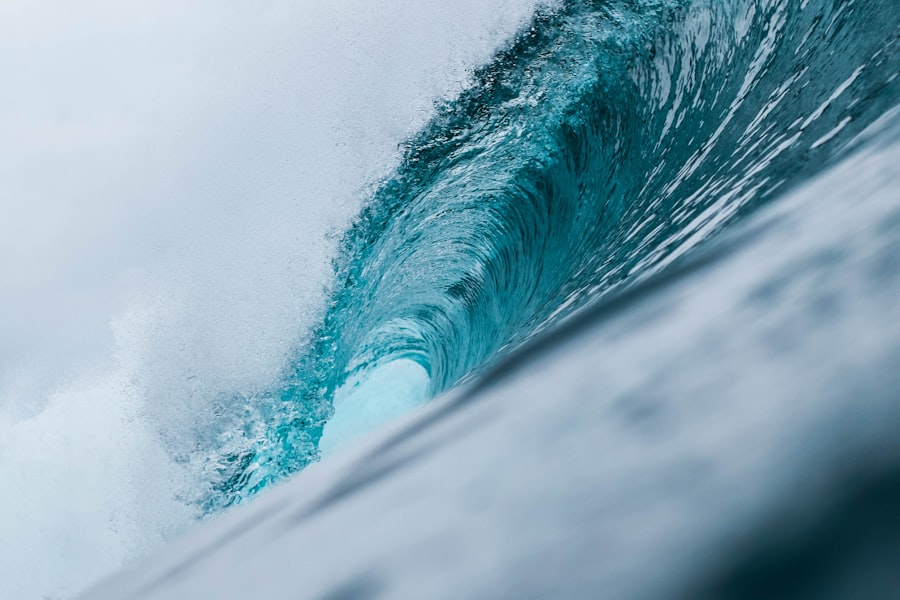
Hot Weather Hydration
During hot weather, chickens are at risk of becoming overheated and dehydrated. It is essential to provide them with access to cool, fresh water at all times and consider adding electrolytes to their drinking water to help them stay hydrated.
Cold Weather Hydration
In cold weather, chickens’ need for water increases to maintain their body temperature. It is crucial to ensure that water sources do not freeze, as chickens still need access to liquid water to stay hydrated. Using heated waterers or regularly replacing frozen water with fresh supplies can help prevent dehydration in cold weather.
Additional Tips for Extreme Weather
Providing shade and ventilation in the coop can also help chickens stay cool and reduce the risk of dehydration. Additionally, providing warm mash or soups can help increase fluid intake in cold weather. By taking proactive measures to hydrate chickens in extreme weather conditions, poultry owners can help ensure that their birds remain healthy and comfortable throughout the year.
Signs of Dehydration in Chickens
It is important for poultry owners to be able to recognize the signs of dehydration in chickens so that they can take prompt action to address the issue. Common signs of dehydration in chickens include lethargy, reduced egg production, dry or pale combs and wattles, sunken eyes, panting, and reduced feed intake. Chickens may also appear weak or unsteady on their feet if they are dehydrated.
If any of these signs are observed, it is important to take immediate steps to provide chickens with access to clean and fresh water and monitor their behavior closely. In severe cases of dehydration, chickens may require additional support such as electrolyte supplements or veterinary care. It is important for poultry owners to be proactive in addressing dehydration in their flocks to prevent further health issues and ensure the well-being of their birds.
By staying vigilant for signs of dehydration and taking prompt action when necessary, poultry owners can help ensure that their chickens remain healthy and hydrated at all times. In conclusion, proper hydration is essential for the health and well-being of chickens. Poultry owners must take proactive measures to provide clean and fresh water at all times, choose the right watering system, monitor water consumption, prevent contamination, hydrate chickens in extreme weather conditions, and recognize signs of dehydration in order to ensure the overall health and productivity of their flocks.
By prioritizing hydration and taking proactive measures to address any issues that arise, poultry owners can help ensure that their chickens remain healthy and hydrated throughout their lives.
If you’re looking for more information on keeping chickens hydrated, you might want to check out this article on what to feed ducks. It’s important to ensure that all of your poultry, including ducks, have access to clean water at all times to keep them healthy and hydrated. This article provides helpful tips and guidelines for feeding and caring for ducks, which can also be applied to keeping chickens hydrated.
FAQs
What are the best ways to keep chickens hydrated?
There are several ways to keep chickens hydrated, including providing clean and fresh water at all times, using waterers that are designed specifically for chickens, and ensuring that water sources are easily accessible to the chickens.
How much water do chickens need?
Chickens typically need about 1/2 to 1 cup of water per day, depending on the size and age of the chicken, as well as the environmental conditions. During hot weather or when laying eggs, chickens may need more water.
What are some signs that chickens are dehydrated?
Signs of dehydration in chickens include lethargy, reduced egg production, sunken eyes, pale combs and wattles, and decreased appetite. It’s important to address dehydration promptly to prevent health issues in the flock.
What are some tips for keeping water clean for chickens?
To keep water clean for chickens, it’s important to regularly clean and refill waterers, use waterers with covers or nipples to prevent contamination, and place waterers in shaded areas to prevent algae growth and overheating.
Can chickens drink from a pond or stream?
Chickens can drink from a pond or stream, but it’s important to ensure that the water source is clean and free from contaminants. Providing a separate, clean water source for chickens is recommended to prevent potential health issues.
Meet Walter, the feathered-friend fanatic of Florida! Nestled in the sunshine state, Walter struts through life with his feathered companions, clucking his way to happiness. With a coop that’s fancier than a five-star hotel, he’s the Don Juan of the chicken world. When he’s not teaching his hens to do the cha-cha, you’ll find him in a heated debate with his prized rooster, Sir Clucks-a-Lot. Walter’s poultry passion is no yolk; he’s the sunny-side-up guy you never knew you needed in your flock of friends!

